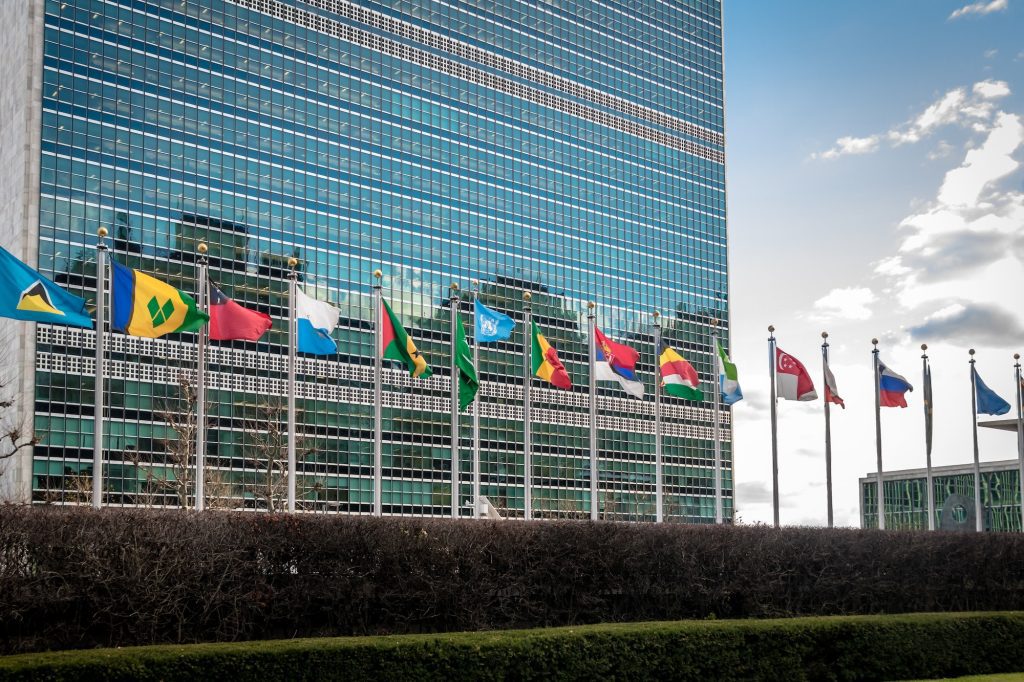The first global resolution on artificial intelligence was overwhelmingly approved by the UN General Assembly on Thursday. It urges nations to protect personal data, respect human rights, and be alert to any potential AI-related threats, Reuters reported.
The non-binding resolution, co-sponsored by China and more than 120 other countries and drafted by the United States, also calls for stronger privacy laws.
Amid concerns that AI may be used to undermine democratic processes, increase fraud, or cause drastic job losses, among other negative impacts, governments around the world have taken several aggressive steps to influence the development of the technology.
This resolution is the latest in the series. “Improper or harmful design, development, deployment and use of artificial intelligence systems… pose risks that could… undermine the protection, promotion, and enjoyment of human rights and fundamental freedoms,” the measure said.
The United States, Great Britain, and more than a dozen other countries unveiled the first comprehensive international agreement in November to protect artificial intelligence from rogue actors, pushing companies to develop artificial intelligence systems that are “secure by design.”
US Ambassador to the UN Linda Thomas-Greenfield said: “Today, all 193 members of the United Nations General Assembly spoke with one voice and decided together to govern artificial intelligence rather than let it rule us.
EU lawmakers put Europe ahead of the US after adopting an interim deal to track the technology this month. Congress, which is deeply divided, has not moved much in response to the Biden administration’s demands for AI regulation.
Meanwhile, the White House issued a new executive order in October aimed at strengthening national security while reducing the dangers AI poses to minorities, the workforce, and consumers.
The resolution took more than four months to draft, but according to US national security adviser Jake Sullivan, it provided “a core set of principles that guide the next steps in the development and use of AI” for the world.
Asked Wednesday if China or Russia were putting up any resistance in the negotiations, top administration officials said there had been “a lot of heated conversations” but that the administration was actively communicating with nations that had opposing views. Chinese and Russian authorities, as well as other governments around the world, are eagerly exploring the use of artificial intelligence tools for a variety of uses.
Microsoft announced last month that it had discovered hackers from both countries perfecting their spying techniques using Microsoft-funded OpenAI software. China responded to Microsoft’s report by saying it rejected what it described as baseless allegations, while Russia did not respond to a request for comment.







